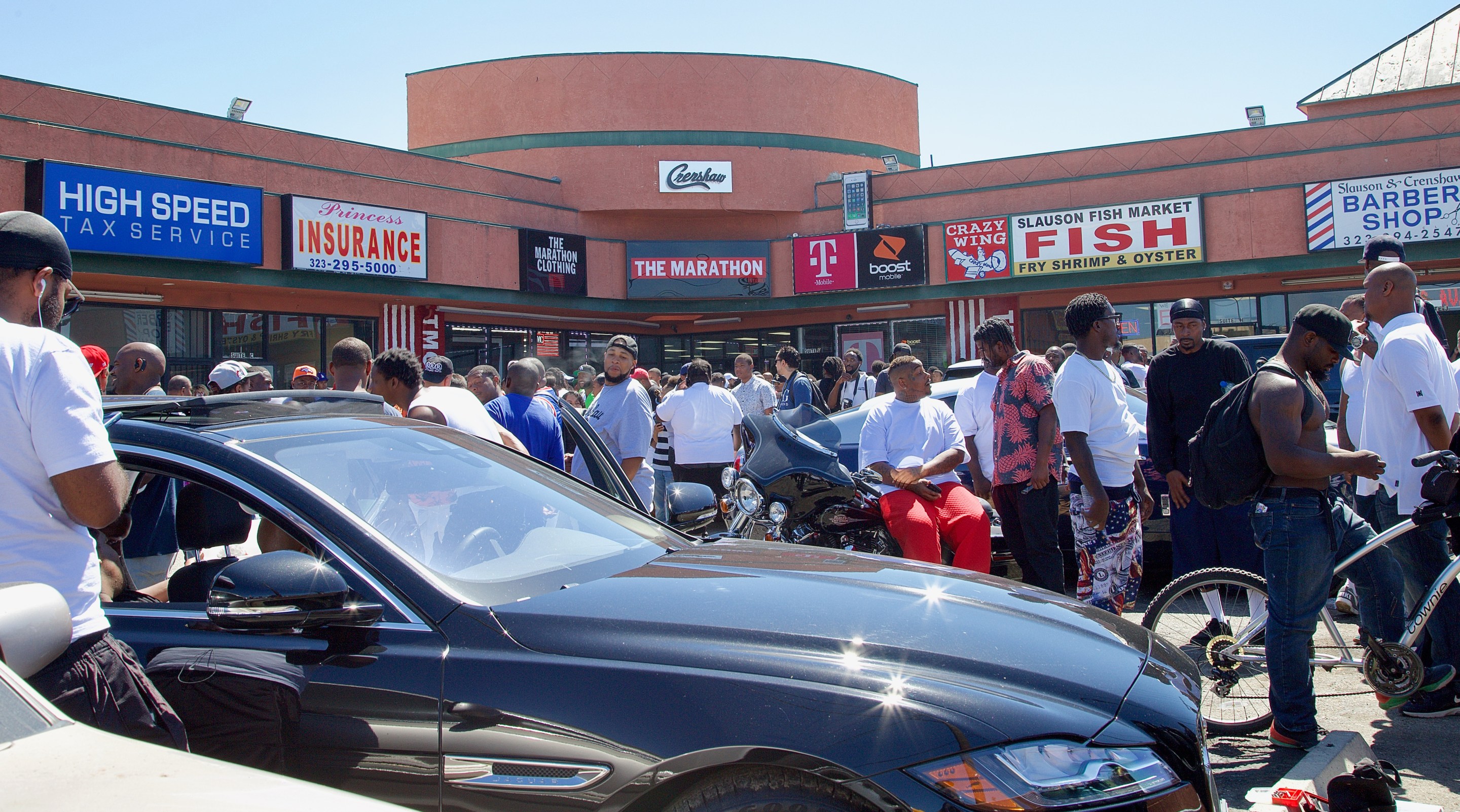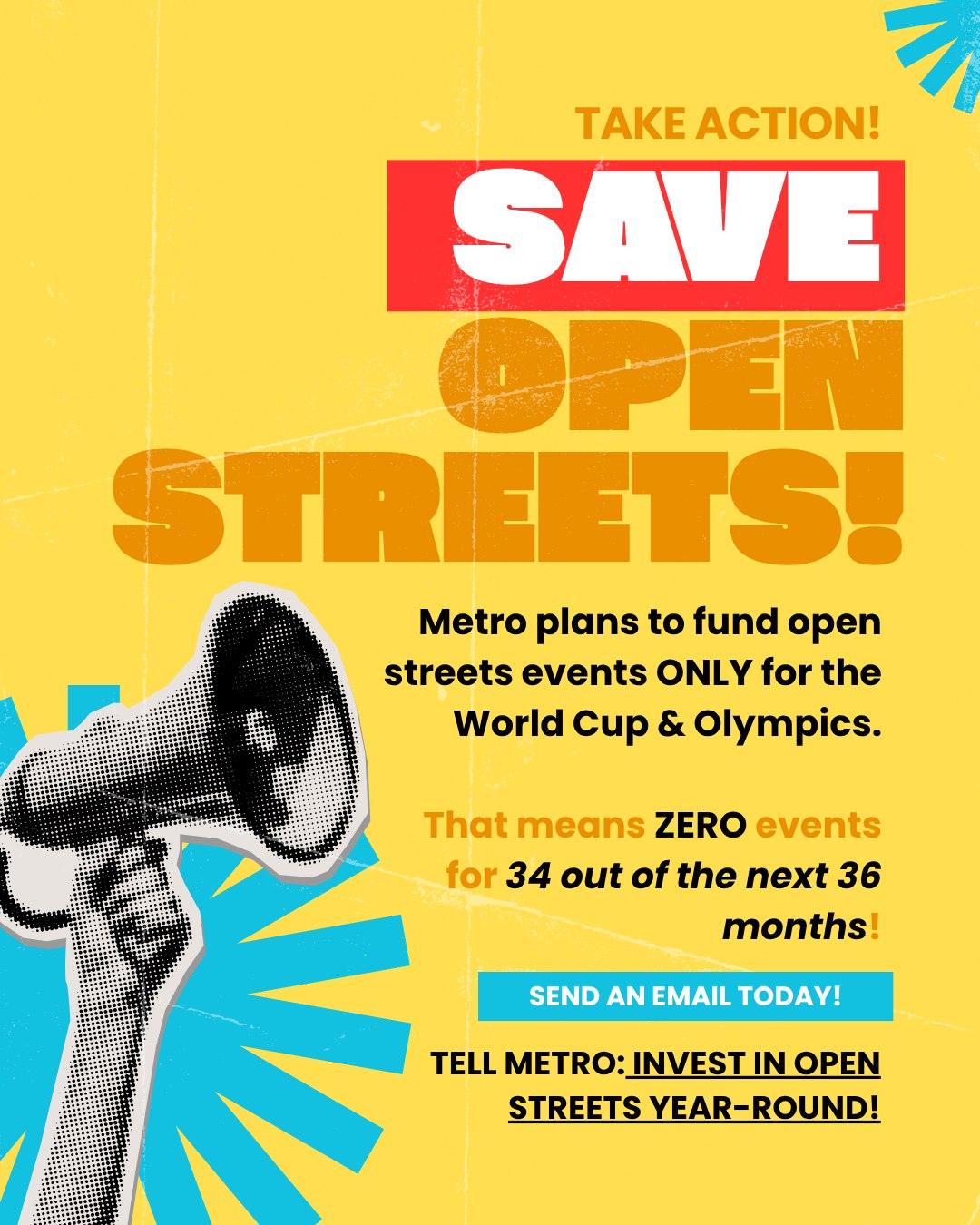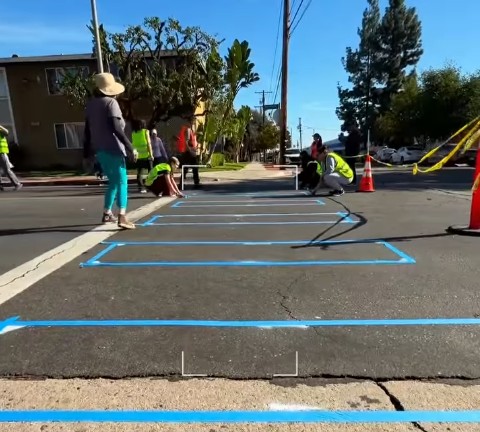On August 3, David Gross, real estate developer, founder of Vector90, co-founder of Our Opportunity investment fund, and business partner of the late artist, rapper, entrepreneur and urban visionary Ermias "Nipsey Hussle" Asghedom, posted the nuisance abatement letter he had received from the City Attorney's office regarding the property at Crenshaw and Slauson.
The property in question is, of course, home to Hussle's flagship store, The Marathon, as well as the site where he was shot to death by Eric Holder this past March 31 at age 33.
The letter arrived about a month after Gross, Hussle, Samiel "Blacc Sam" Asghedom (Hussle's brother), and Hussle's All Money In partners purchased the building. As is typical with abatement efforts, it notes that the city had identified the property as "having illegal gang activity associated with it." It also notes the property is "known as a 'hangout' for the Rollin' 60s criminal street gang, and has been the site of many violent and/or unlawful incidents including, without limitation, attempted murder, shootings, robberies, batteries, and unlawful firearm possession." It then concludes by seeking a meeting with the owners of Slauson and Crenshaw Ventures LLC to "discuss the public nuisance at the property."
Gross had not wanted to make the letter public, he said in his instagram post (above), but the city attorney's office was essentially trying to strong-arm him behind the scenes.
They had begun with applying lighter pressure, apparently not aware that Hussle and his team were co-owners of the building. Once they realized their mistake, Gross contended, they started leveraging law enforcement against him and leaking correspondence and documents to the New York Times in order to both paint the property in a negative light and raise questions about the business practices of Hussle's team.
The effort to push Hussle off the corner where he came up selling his mixtapes as a teen is nothing new. The shops he and Blacc Sam had owned in that plaza were raided multiple times over the years, starting with Slauson Tees - lost to a raid back in 2006. Even councilmember Marqueece Harris-Dawson had been enlisted at various points to try to get answers regarding the investigations into Hussle, given the city attorney's intense interest in a property that was not receiving complaints and relative unresponsiveness to properties that were, according to the New York Times.
But now with this final effort to erase Hussle's presence, it is both his legacy and the hope he brought to the community that hang in the balance. And the timing couldn't be worse.
The community is still mourning his loss.
Gross, Sam, and the rest of the team are just beginning work on the next phase of development of Nipsey Hussle Tower - a mixed-use project that will offer retail and affordable housing, while remaining home to The Marathon, the fish shop, and Steve's Barber Shop.
And the the team at Destination Crenshaw is preparing to break ground on a $100 million unapologetically Black public art project that centers Hussle's story at the Crenshaw and Slauson node.
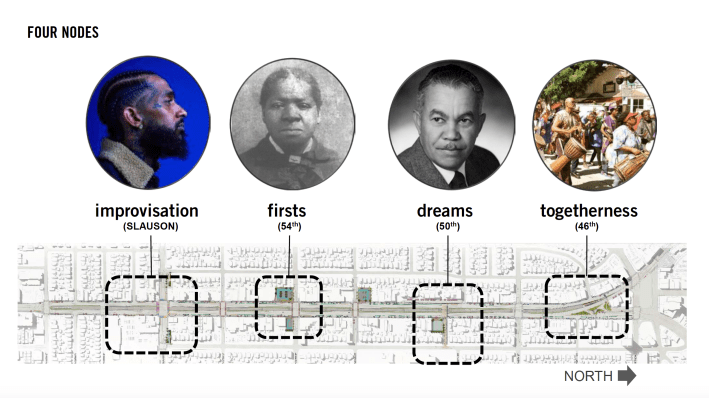
On a side note, the abatement push does help explain one of the stranger reports from an alleged crime scene that I'd seen in a very long time.
Standing in the parking lot of The Marathon Clothing - a store "owned by that rapper, Nipsey Hussle" - last September, ABC7 reporter Josh Haskell told viewers police were investigating a possible shooting and stabbing.
But neither he nor police seemed exactly sure what had happened or to whom it had happened.
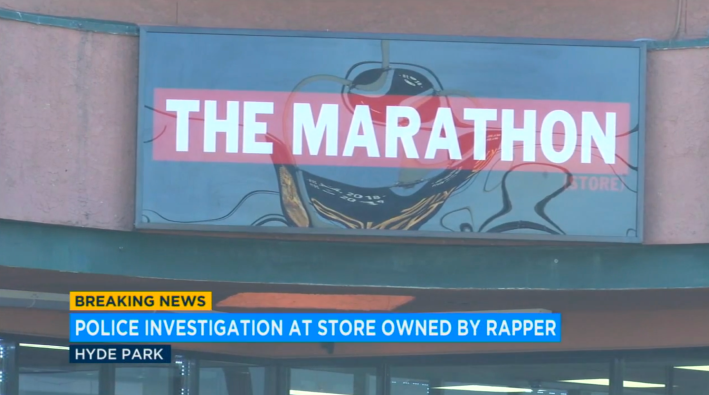
Police had been flagged down by people who heard gun shots, Haskell said, "but by the time they arrived, those involved had fled, including any victims."
Blood found at the scene suggested something serious may have occurred, but no one was willing to speak to authorities about what had gone down.
And because ABC7 was only telling law enforcement's side of the story, they didn't take a moment to ask about the amount of work that Hussle's team had put into hiring local folks getting back on their feet and reorienting what that corner was about - including discouraging violence and crime - so that true community wealth could be built there.
Instead, despite there being no indication that he had been present for the incident or involved in any way, ABC7 decided that clips of Hussle brazenly fleeing from the police was just the backdrop their story needed.
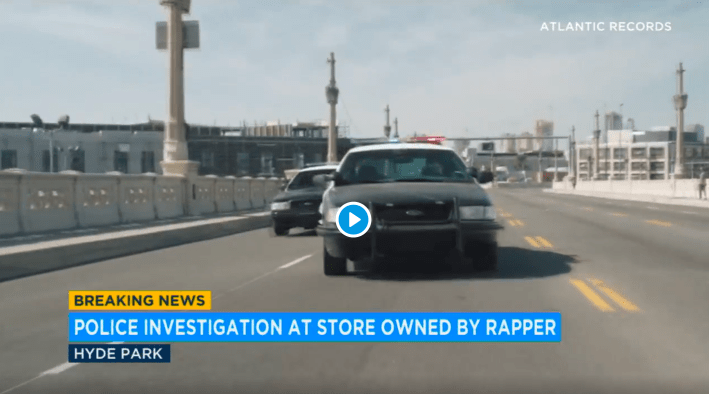
Clearly no one at ABC7 had actually listened to “Hussle and Motivate” (the track the clips of the chase were taken from). In it, Hussle offers a sharp critique of the way his community had been both criminalized and abandoned by the city - “Judge a young n*gga by they address/Left us no option, what they expect?/Only thing we knew for sure was to bang the set” - while detailing his refusal to let either derail his pursuit of greatness.
The effort to tie the parking lot squabble to the Rollin' 60s and The Marathon is likely what gave the LAPD and the city attorney the necessary ammunition to pursue an abatement notice at the end of 2018.
It didn't go as planned.
Instead of evicting Hussle, Sam recounted in his emotional eulogy at Hussle's memorial service (below), the previous owner praised them for having attracted tenants to that corner and made them a proposition.
Did they want to buy it?
[Spoiler alert: They did.]
And now the city is mad.
Maybe if they had spent some time listening to Hussle's lyrics and the way he redefined what it meant to be "from" a gang and to fight for your community, they would be less so.
Sadly, the more likely scenario is that his own murder will be used to support the nuisance claim. Holder is from the Rollin' 60s, just as Hussle was.
This story will be updated as we learn more. Stay tuned for an exploration of the legacy of segregation in South Central via Hussle's lyrics and interviews dropping this week.
Find me on twitter at @sahrasulaiman
